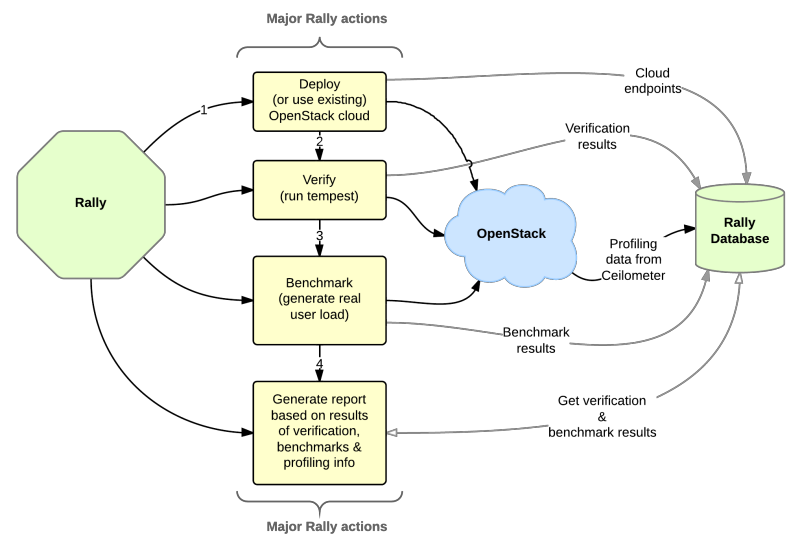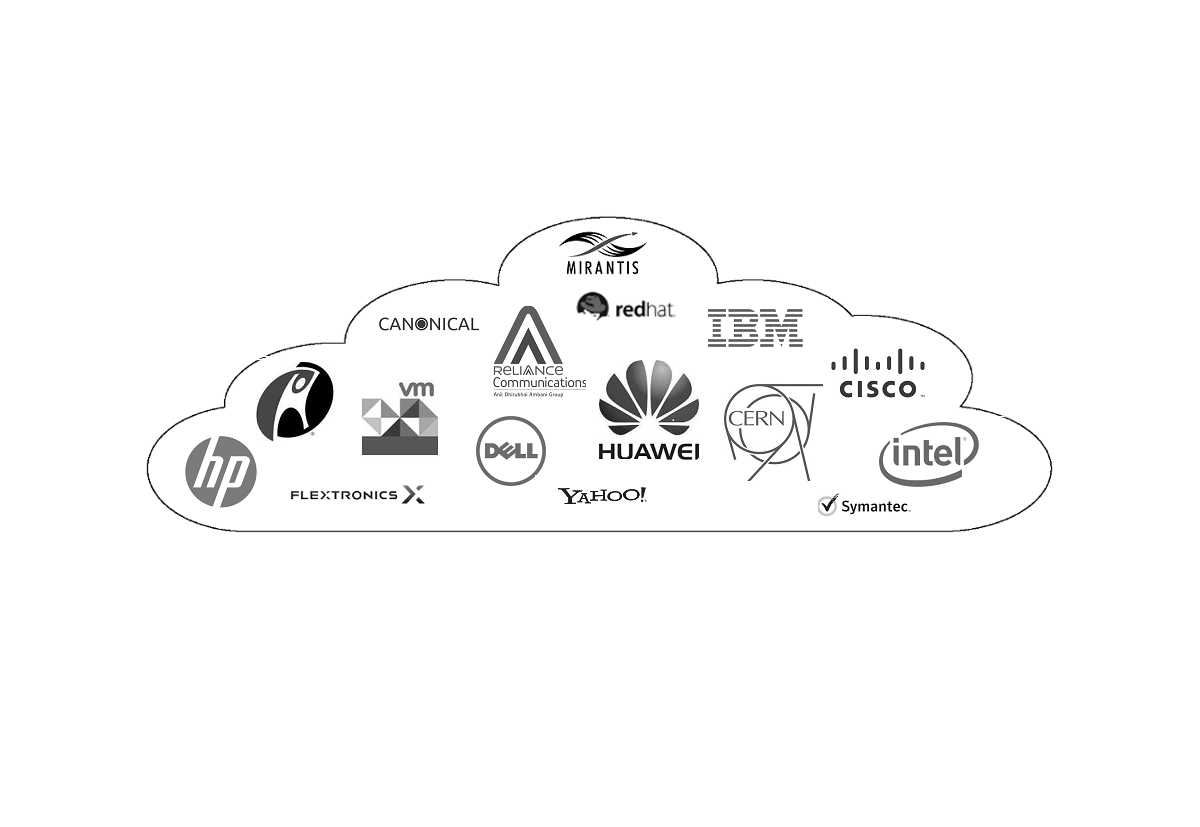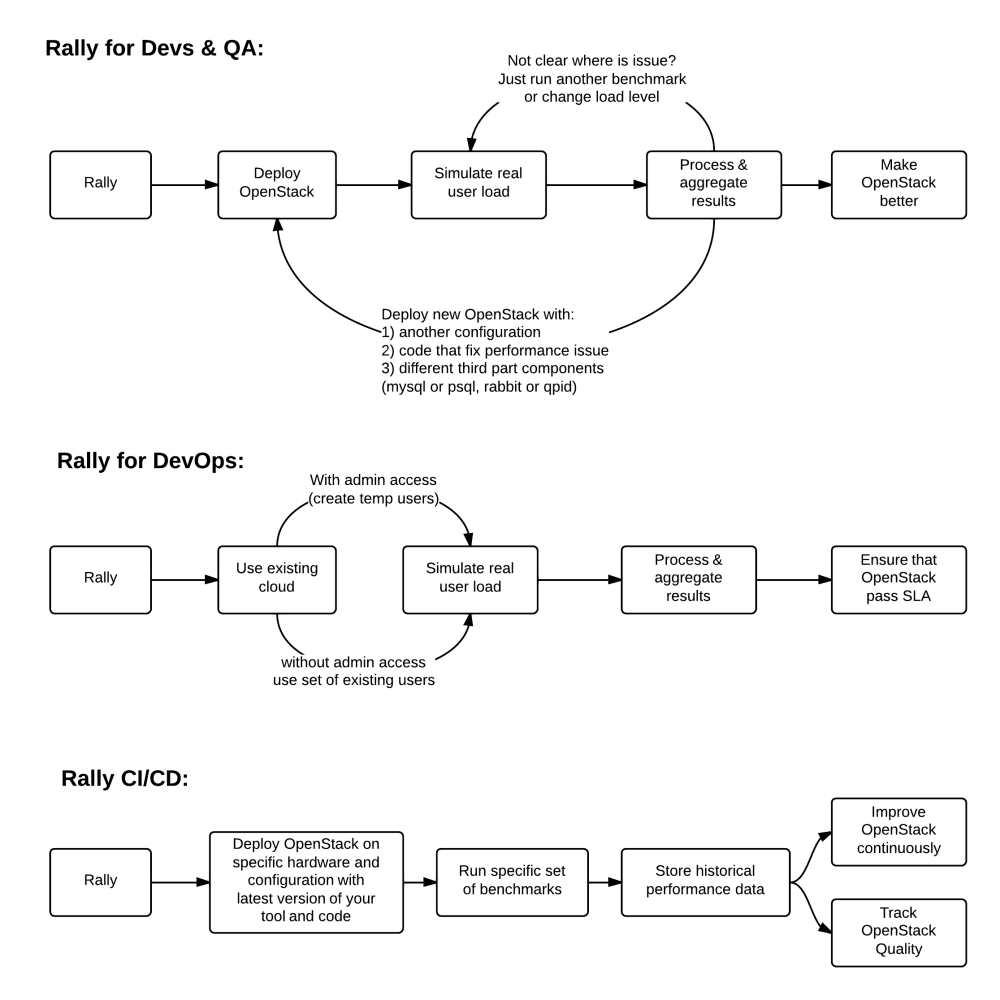Since keystoneclient doesn't provide service_catalog by default[0], we had a
hack which work for most environments:
it obtains keystone auth ref manually and overrides auth_ref property of
keystoneclient
Overriding property auth_ref is not a good idea, since keystoneclient sets a
lot of variables when it obtains auth_ref by itself. In this case for some
envs, we can get:
keystoneauth1.exceptions.auth.AuthorizationFailure: A username and password
or token is required.
The solution for such error is simple - we can continue obtaining auth_ref
manually, but do not override auth_ref in keystoneclient, just store it
separately.
Also, this patch:
* adds cache for session, auth plugin and auth_ref. It should decrease number
of redundant calls;
* makes rally.osclients.OSClient.keystone method as property. It simplifies
access to rally.osclients.Keystone object;
* start using `keystoneauth1.identity` instead of deprecated
`keystoneclient.auth.identity`
* moves get_session method under rally.osclients.Keystone
* moves checking of versioning auth url to get_session method, since it
should work for every session object, not only in case of keystoneclient
* removes wrapping token by lambda function in case of ceilometerclient,
since minimal release of ceilometerclient[1] supported by our requirements
can handle non-callable tokens[2]
* obtains user_id and project_id for existing_users context from auth_ref.
Previous way(obtainining from keystoneclient) will not work with new
approach about auth_ref, since we don't force to store auth_ref in
keystoneclient + previous way tried to transmit wrong arguments to
keystoneclient methods(usually keystoneclient just ignores such arguments):
Our code:
user_id = user_kclient.get_user_id(user_name)
tenant_id = user_kclient.get_project_id(tenant_name)
Code of get_user_id and get_project_id in keystoneclient:
def get_user_id(self, session, **kwargs):
return self.auth_ref.user_id
def get_project_id(self, session, **kwargs):
return self.auth_ref.project_id
[0] - https://bugs.launchpad.net/python-keystoneclient/+bug/1508374
[1] - 52fef00aef/requirements.txt (L32)
[2] - https://github.com/openstack/python-ceilometerclient/blob/2.5.0/ceilometerclient/client.py#L222
Change-Id: If74cc140679895427c82d931991bd3ae73ccacb1
Rally
What is Rally
Rally is a Benchmark-as-a-Service project for OpenStack.
Rally is intended to provide the community with a benchmarking tool that is capable of performing specific, complicated and reproducible test cases on real deployment scenarios.
If you are here, you are probably familiar with OpenStack and you also know that it's a really huge ecosystem of cooperative services. When something fails, performs slowly or doesn't scale, it's really hard to answer different questions on "what", "why" and "where" has happened. Another reason why you could be here is that you would like to build an OpenStack CI/CD system that will allow you to improve SLA, performance and stability of OpenStack continuously.
The OpenStack QA team mostly works on CI/CD that ensures that new patches don't break some specific single node installation of OpenStack. On the other hand it's clear that such CI/CD is only an indication and does not cover all cases (e.g. if a cloud works well on a single node installation it doesn't mean that it will continue to do so on a 1k servers installation under high load as well). Rally aims to fix this and help us to answer the question "How does OpenStack work at scale?". To make it possible, we are going to automate and unify all steps that are required for benchmarking OpenStack at scale: multi-node OS deployment, verification, benchmarking & profiling.
Rally workflow can be visualized by the following diagram:
Who Is Using Rally
Documentation
Rally documentation on ReadTheDocs is a perfect place to start learning about Rally. It provides you with an easy and illustrative guidance through this benchmarking tool. For example, check out the Rally step-by-step tutorial that explains, in a series of lessons, how to explore the power of Rally in benchmarking your OpenStack clouds.
Architecture
In terms of software architecture, Rally is built of 4 main components:
- Server Providers - provide servers (virtual servers), with ssh access, in one L3 network.
- Deploy Engines - deploy OpenStack cloud on servers that are presented by Server Providers
- Verification - component that runs tempest (or another specific set of tests) against a deployed cloud, collects results & presents them in human readable form.
- Benchmark engine - allows to write parameterized benchmark scenarios & run them against the cloud.
Use Cases
There are 3 major high level Rally Use Cases:
Typical cases where Rally aims to help are:
- Automate measuring & profiling focused on how new code changes affect the OS performance;
- Using Rally profiler to detect scaling & performance issues;
- Investigate how different deployments affect the OS performance:
-
- Find the set of suitable OpenStack deployment architectures;
- Create deployment specifications for different loads (amount of controllers, swift nodes, etc.);
- Automate the search for hardware best suited for particular OpenStack cloud;
- Automate the production cloud specification generation:
-
- Determine terminal loads for basic cloud operations: VM start & stop, Block Device create/destroy & various OpenStack API methods;
- Check performance of basic cloud operations in case of different loads.
Links
- Free software: Apache license
- Documentation: http://rally.readthedocs.org/en/latest/
- Source: http://git.openstack.org/cgit/openstack/rally
- Bugs: http://bugs.launchpad.net/rally
- Step-by-step tutorial: http://rally.readthedocs.org/en/latest/tutorial.html
- RoadMap: https://docs.google.com/a/mirantis.com/spreadsheets/d/16DXpfbqvlzMFaqaXAcJsBzzpowb_XpymaK2aFY2gA2g
- Launchpad page: https://launchpad.net/rally


